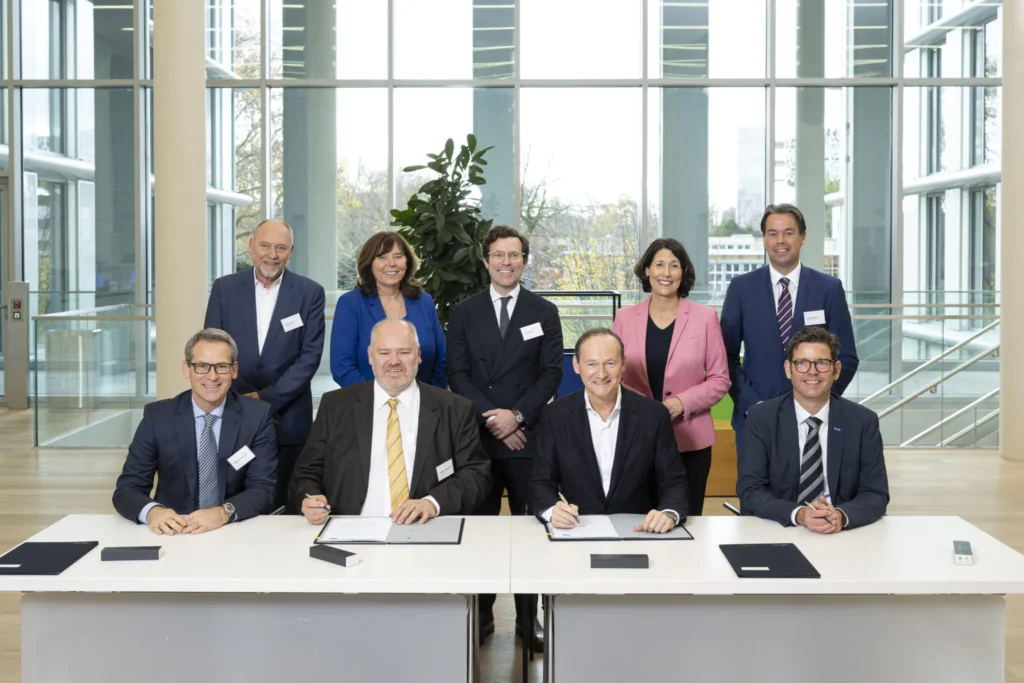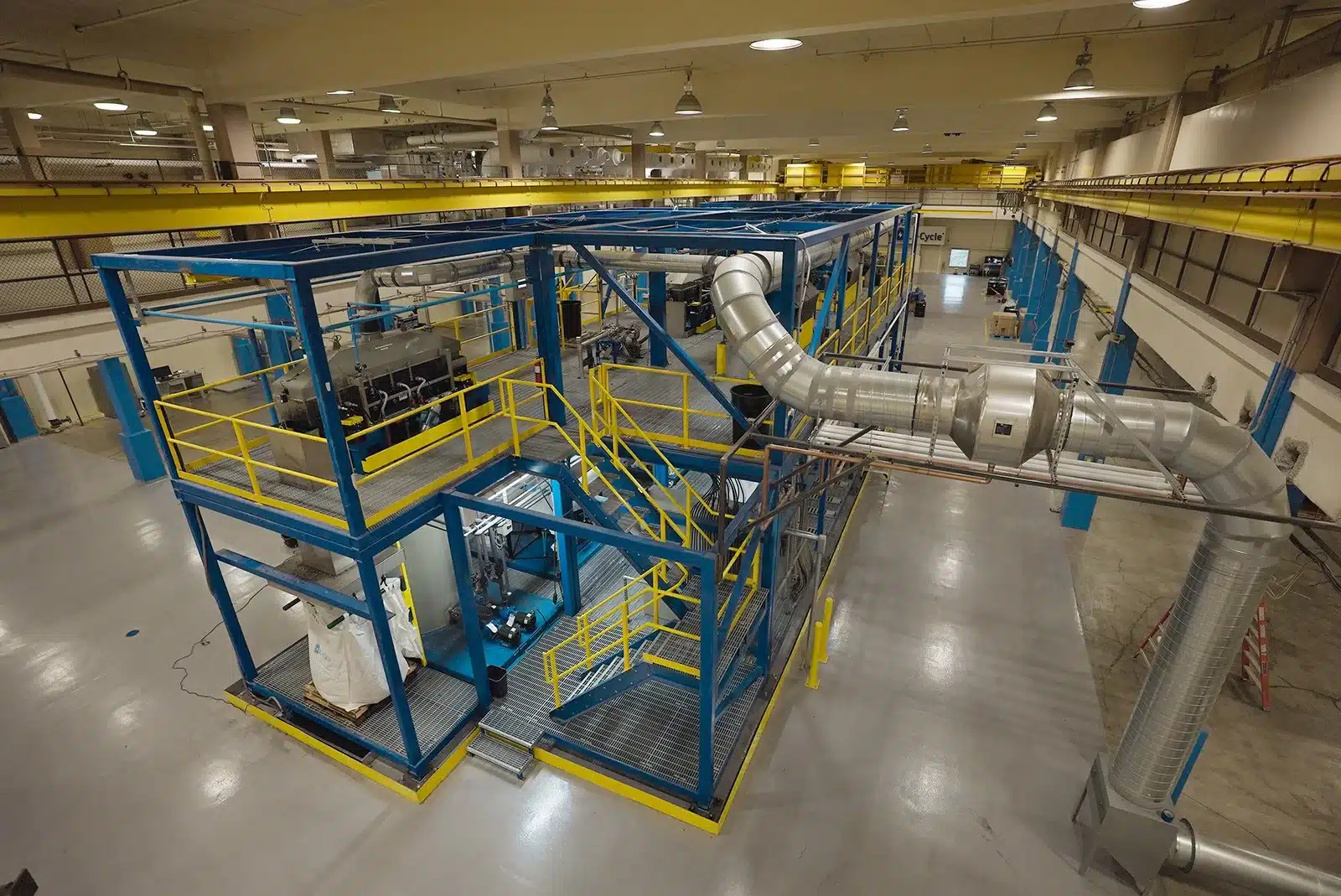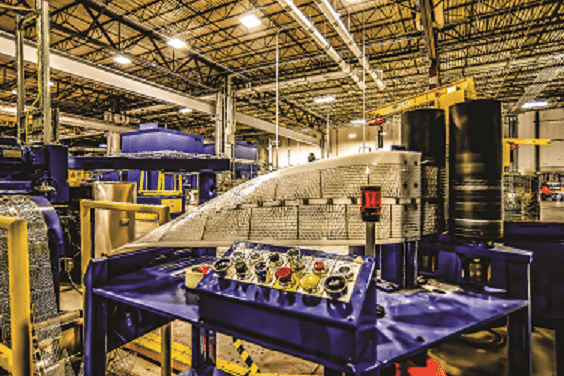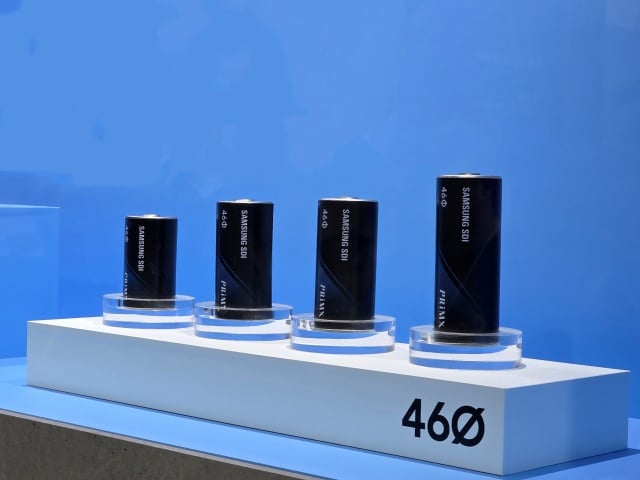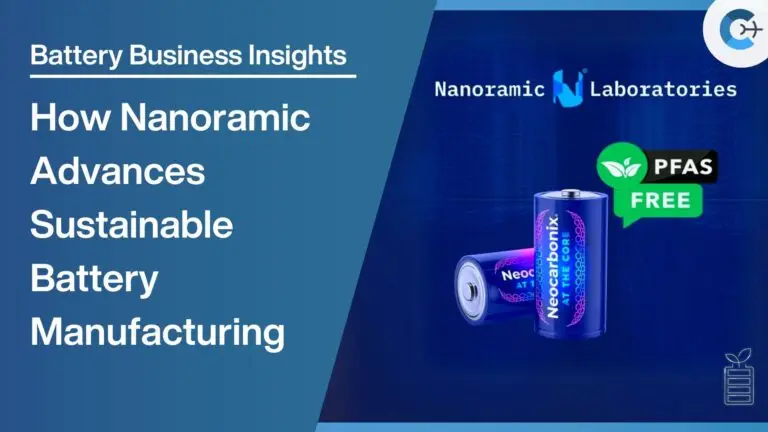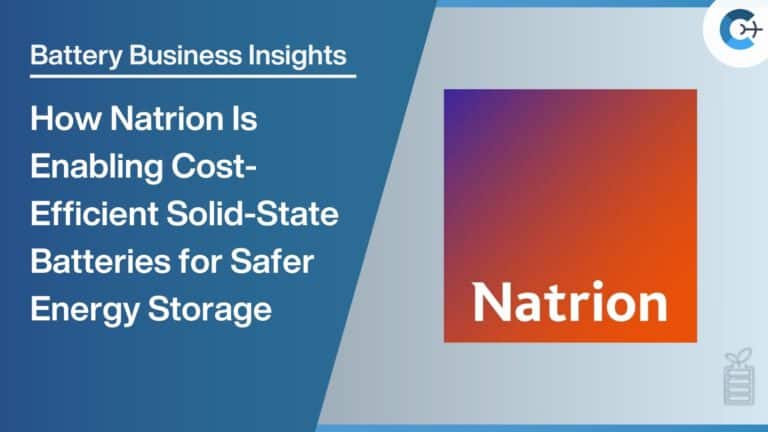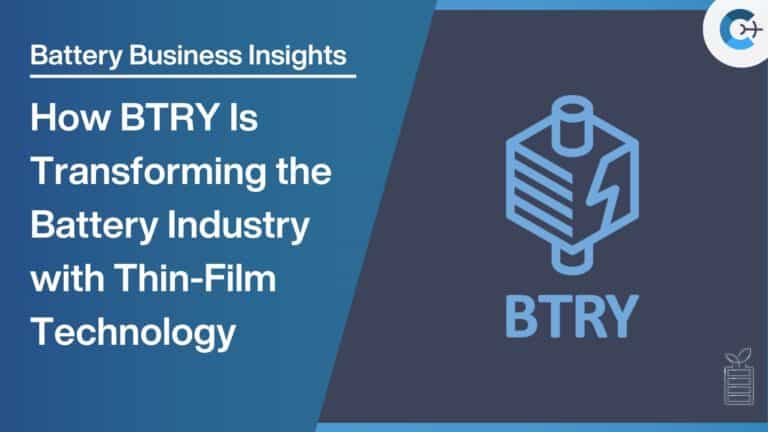Vulcan Energy and BASF have signed a memorandum of understanding to explore the use of geothermal energy at BASF’s Ludwigshafen site in Germany. This strategic partnership aims to evaluate the potential of harnessing natural heat from deep geothermal sources to supply renewable energy that meets the site’s future base load power requirements. Surrounding urban centers, including Frankenthal and Ludwigshafen, may also benefit from sustainable heat generated by the project, with initial seismic surveys planned as a first step. Vulcan also intends to build a lithium extraction plant to produce sustainable lithium for the German and European battery and automotive industries.
The geology of the Upper Rhine Graben presents significant geothermal potential. If exploratory work is successful, heat pumps could generate CO₂-free steam from geothermal energy. With a potential output of 300 megawatts of thermal energy, approximately 4 million metric tons of steam could be produced annually at BASF’s Ludwigshafen site without relying on fossil fuels. This would avoid around 800,000 metric tons of CO₂ emissions, significantly reducing greenhouse gas emissions at BASF’s main site.
In addition to generating renewable heat, Vulcan plans to produce sustainable lithium using geothermally heated water, which has a high lithium concentration and is ideal for lithium-ion batteries used in smartphones, laptops, and electric vehicles. After generating steam, Vulcan would extract lithium using its efficient adsorption-type direct lithium extraction (A-DLE) process. Both partners are considering building a lithium extraction plant at BASF’s site.
The project also explores the potential for deep geothermal energy to provide district heating. Vulcan and BASF are collaborating with regional energy suppliers—Technische Werke Ludwigshafen and Stadtwerke Frankenthal—to assess whether geothermal energy from the project can supply low-emission heating to households in the surrounding urban areas, contributing to the transition toward sustainable municipal heating.
“We want to supply our Ludwigshafen site with CO₂-free steam in the future. In addition to harnessing waste heat from our production facilities, we aim to integrate renewable heat sources from geothermal structures,” said Uwe Liebelt, President of European Verbund Sites, BASF SE. “Vulcan brings the technological expertise to plan and implement such a complex project. Deep geothermal energy offers immense potential for our energy transformation and sets an example of how close collaboration between politicians, energy suppliers, and the industrial sector can drive the energy transition in the Rhine-Neckar Metropolitan Region for the benefit of all.”
“It’s encouraging to see the private sector develop innovative technologies to transform our economy and enhance international competitiveness. By leveraging domestic energy resources, we can reduce dependency on imports and stabilize energy prices,” said Daniela Schmitt, Rhineland-Palatinate Minister for Economic Affairs.
“I strongly support the collaboration between BASF and Vulcan, as well as the involvement of local municipalities. Our goal is to position Germany and Rhineland-Palatinate as competitive industrial locations with sustainable energy solutions. I will continue advocating for an ‘Industrial Deal’ at the federal and EU levels.” She added that early 2025 will see further action in Brussels, informed by collaborative projects such as this one.
Thorsten Weimann, Chief Development Officer at Vulcan Energie Ressourcen GmbH, commented, “This project represents a major contribution to reducing CO₂ emissions from the region’s industrial sector. Supplying renewable heat to Upper Rhine Valley companies is central to our development strategy. Models like this partnership with BASF enable us to harness geothermal energy while producing carbon-neutral lithium, benefiting regional populations with reliable heating and economic advantages.”
Cris Moreno, Managing Director and CEO of Vulcan Energy Resources added, “BASF’s role as a leading global chemical company is crucial for the region, and we’re excited to support its carbon-neutral energy goals for Ludwigshafen. This partnership demonstrates that combining geothermal energy with lithium production is both environmentally and economically beneficial, delivering value for businesses and the local community.”
The next steps involve conducting seismic surveys to explore the Upper Rhine Graben geothermal conditions, with Vulcan leading the exploration and technical development. Initial exploratory work is expected to begin in early 2025.
About Vulcan Energy
Vulcan Energy is developing the world’s first carbon-neutral, integrated lithium and renewable energy business to decarbonize battery production. Located in the Upper Rhine Valley on the border between Germany and France, Vulcan’s Lionheart project is Europe’s largest lithium and geothermal energy resource and a global tier-one lithium project. The company utilizes naturally occurring geothermal heat to extract lithium from underground geothermal brine and convert it into battery-grade material. With its proprietary VULSORB® technology, Vulcan is establishing a local, cost-effective, and sustainable source of lithium for European electric vehicle batteries.
About BASF
At BASF, we create chemistry for a sustainable future by combining economic success with environmental protection and social responsibility. Approximately 112,000 employees in the BASF Group contribute to customers’ success in nearly all sectors and almost every country worldwide. Our portfolio comprises six segments: Chemicals, Materials, Industrial Solutions, Surface Technologies, Nutrition & Care, and Agricultural Solutions. In 2023, BASF generated global sales of around €68.9 billion. BASF shares are traded on the stock exchange in Frankfurt (BAS) and as American Depositary Receipts (BASFY) in the United States.
Source: Vulcan Energy

